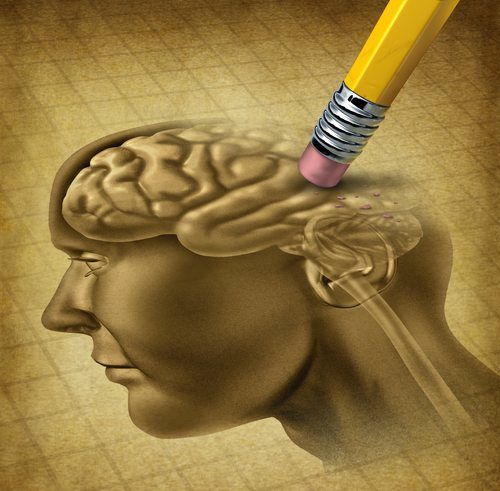Alzheimer’s affects an estimated 5.4 million Americans. And unfortunately, the Alzheimer’s Association expects that number to rise steadily in the coming years as baby boomers head into their 60s and 70s. Diagnosing Alzheimer’s as soon as possible can help those affected receive the maximum benefits from available treatments and give them (and their loved ones) more time to plan for the future.
Diagnosing Alzheimer’s
Alzheimer’s is a type of dementia that develops slowly but progressively. In later stages, the symptoms may become severe enough to interfere with the ability to perform routine tasks. It is important to understand that Alzheimer’s is not part of the natural aging process although some symptoms may be similar.
Identifying High-Risk Groups
Dementia is part of aging progression, but vascular dementia or Alzheimer’s is a different case altogether. Symptoms of dementia may manifest earlier than 65, and the causes may be something other than age. However, age is a risk factor for Alzheimer’s, and people 65 and older are most likely to be diagnosed with the condition. Thereafter, the risk of developing Alzheimer’s doubles every five years according to the Alzheimer’s Society.
For reasons that are still unknown, women are more likely than men to develop the disease. Genetics and ethnicity may also count as risk factors, because the presence of gene variants linked to dementia may be more prevalent in certain populations.
Health Conditions that Contribute to Dementia
Evidence from various health studies suggests a link between Alzheimer’s and pre-existing conditions that affect the cardiovascular and metabolic systems. When you develop obesity, hypertension, type 2 diabetes, and/or high cholesterol in mid-life, these conditions may increase the risks of developing Alzheimer’s due to the fact that they affect blood circulation to the brain.
The Process of Diagnosing Alzheimer’s
Although various research efforts focus on Alzheimer’s, no single test can currently diagnose the condition. You can easily perceive symptoms of dementia, but confirming Alzheimer’s requires a thorough medical assessment. Healthcare providers conduct a comprehensive, multi-step medical assessment to facilitate the diagnosis.
Complete Medical History
It is important for your healthcare providers to determine the underlying causes of dementia symptoms and the progression of these symptoms over the years. Your doctors will review records of previous illnesses, medical procedures, and prescription medications. In addition, your doctor may interview you and your family to identify crucial turning points in your medical history. Make sure to provide records as requested and answer inquiries completely and honestly. Your friends and family may recognize the escalation of symptoms sooner than you do. Thus, their input in this process can prove invaluable.
Tests for Mental Status
The most common test used to evaluate mental status is called the Mini Mental State Examination (MMSE). Clinicians may use this as a diagnostic test to confirm a diagnosis of dementia. Studying the progression of certain symptoms may indicate the presence of Alzheimer’s. At that point, more sophisticated tests will be used to assess physical and neurological condition.
Physical and Neurological Exams and Other Tests
Physicians can conduct blood tests and other laboratory tests to determine symptoms of other conditions that may add to the risks of developing Alzheimer’s. They may also use advanced scans of the brain and other body parts to confirm an Alzheimer’s diagnosis. In addition, your healthcare providers may use an elimination method to narrow down the diagnosis. When dementia is due to aging, health conditions, or medications, your healthcare team can prepare a treatment plan to address these issues and possibly reverse the symptoms.
_____
Although no known cure for Alzheimer’s currently exists, you can manage some of the underlying symptoms with medication, proper nutrition, and lifestyle changes. The goal of Alzheimer’s disease management is to ensure the safety and quality of life of patients diagnosed with the condition.
Looking for an assisted living community in Tennessee? Check out Hearthside Senior Living in Collierville. Our warm and inviting community makes it easy for seniors to embrace a healthy lifestyle, with home-cooked and restaurant-style meals, exercise classes, and a nurse devoted to residents’ health and wellness. To learn more about our amenities and services, please give us a call at 901-854-6590 or contact us online.

